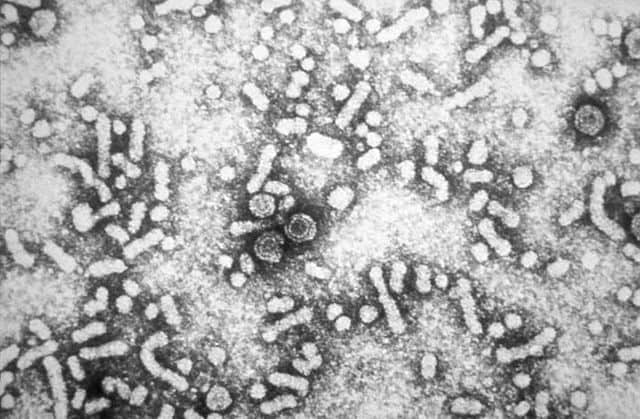
Hepatitis B
Hepatitis B is an infectious disease caused by the hepatitis B virus (HBV) that affects the liver; it is a type of viral hepatitis. It can cause both acute and chronic infection. Many people have no symptoms during the initial infection. In acute infection, some may develop a rapid onset of sickness with vomiting, yellowish skin, tiredness, dark urine, and abdominal pain. Often these symptoms last a few weeks and rarely does the initial infection result in death. It may take 30 to 180 days for symptoms to begin. In those who get infected around the time of birth 90% develop chronic hepatitis B while less than 10% of those infected after the age of five do. Most of those with chronic disease have no symptoms; however, cirrhosis and liver cancer may eventually develop. Cirrhosis or liver cancer occur in about 25% of those with chronic disease.
